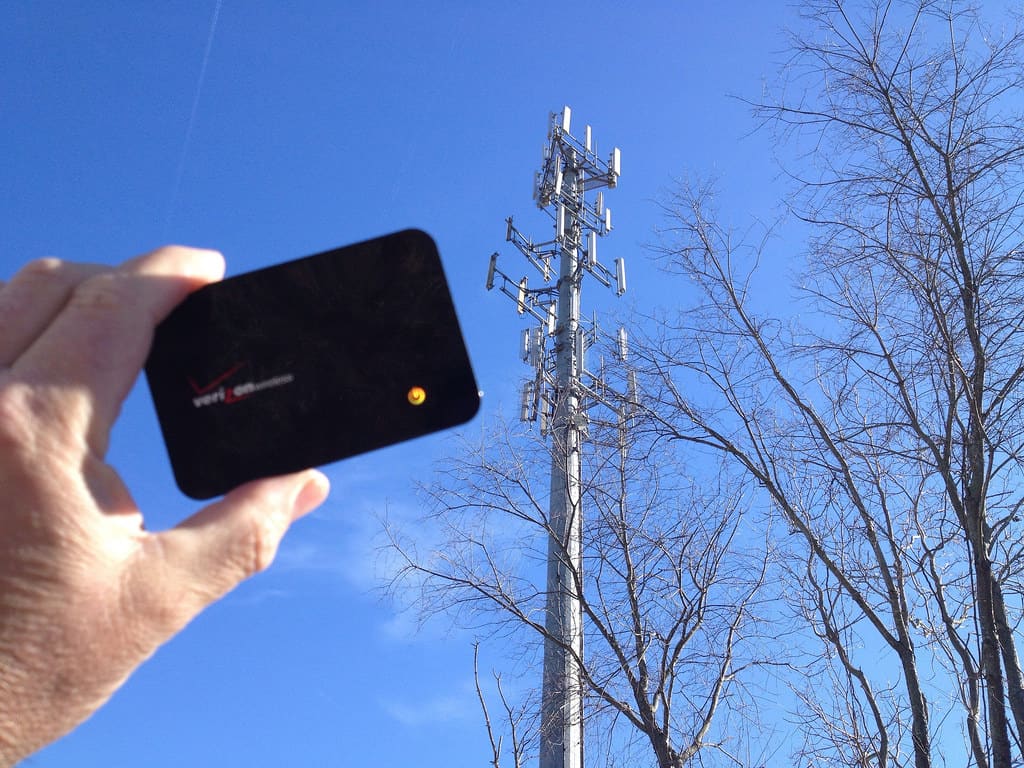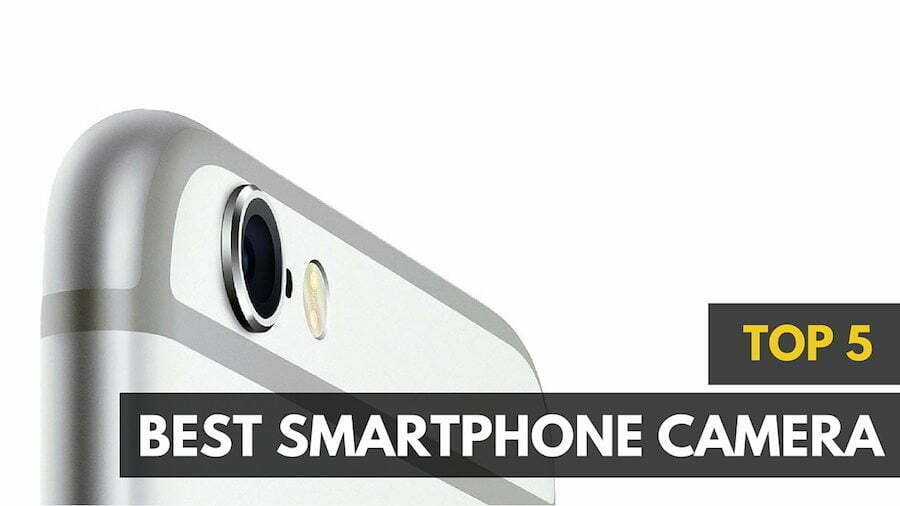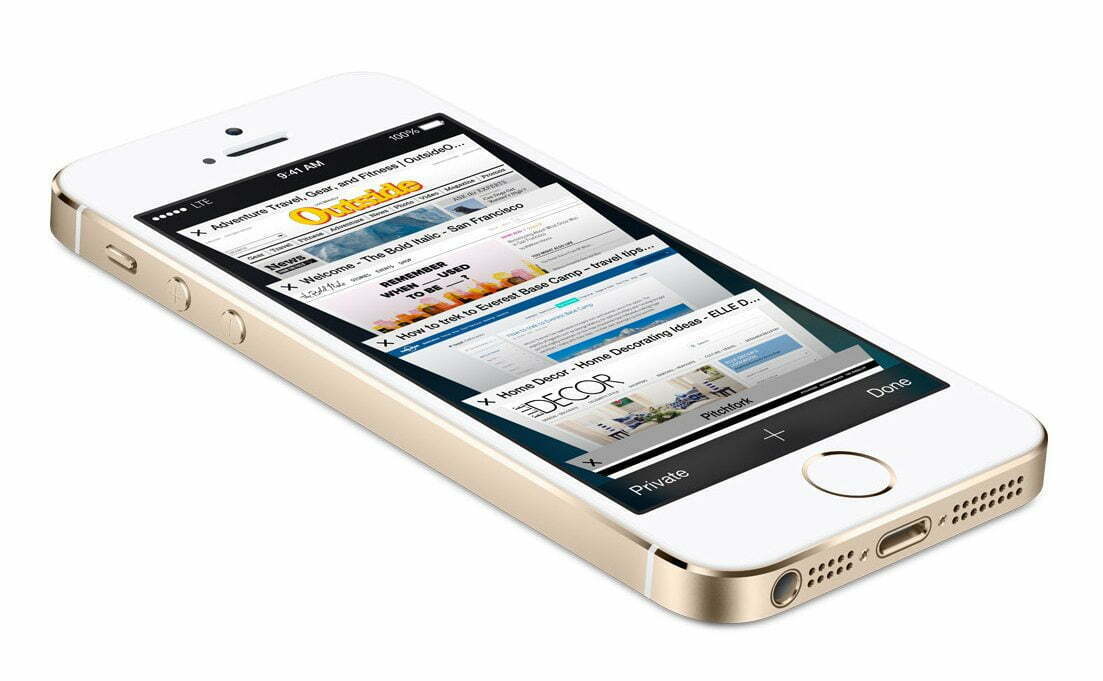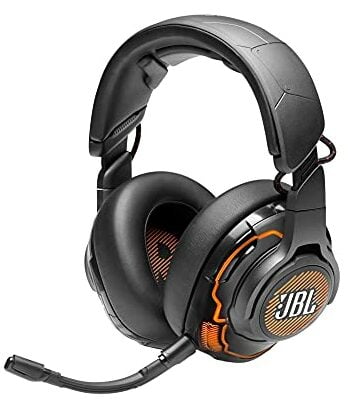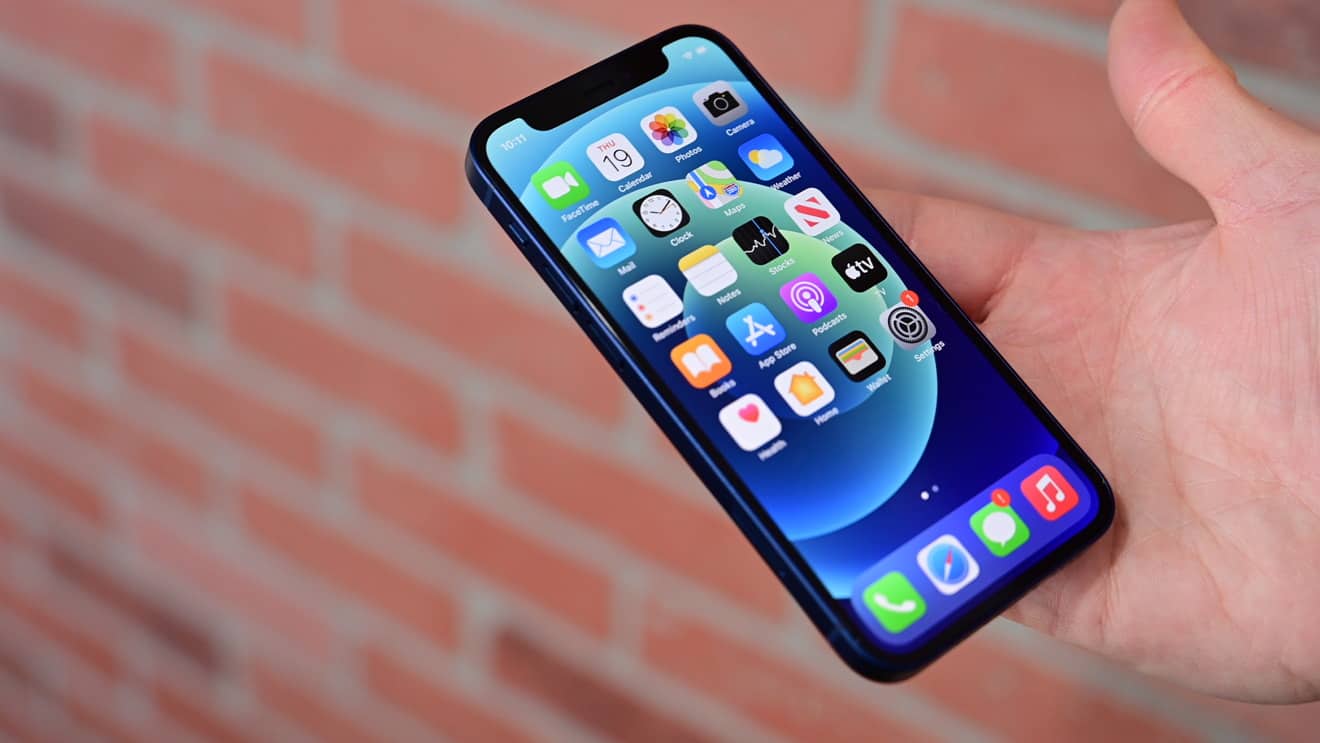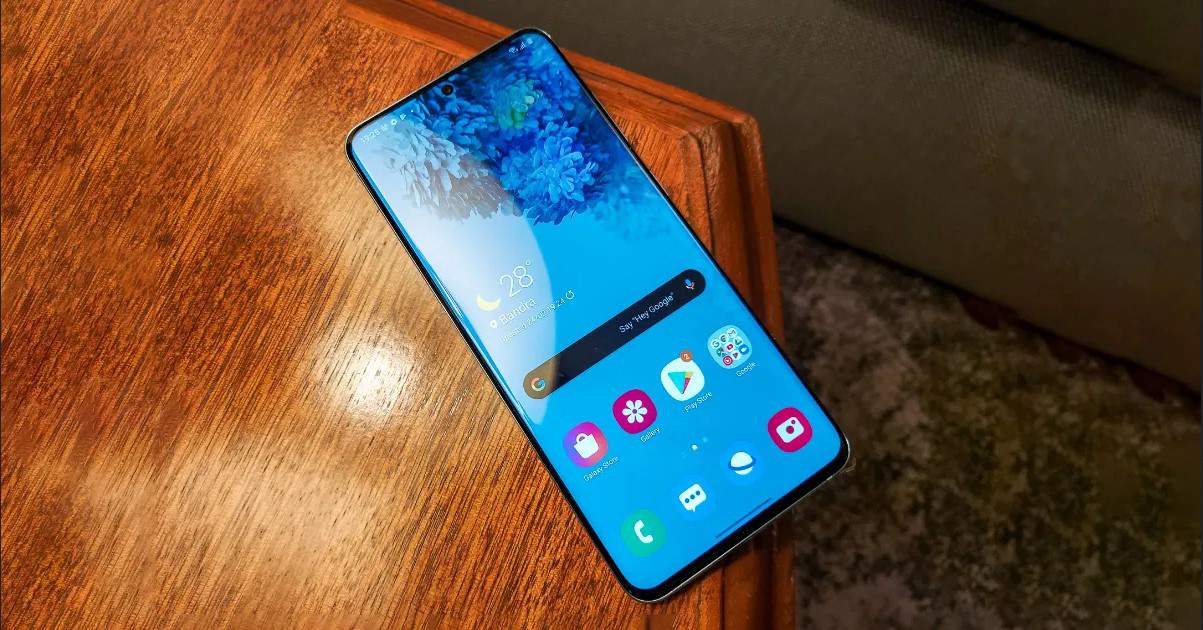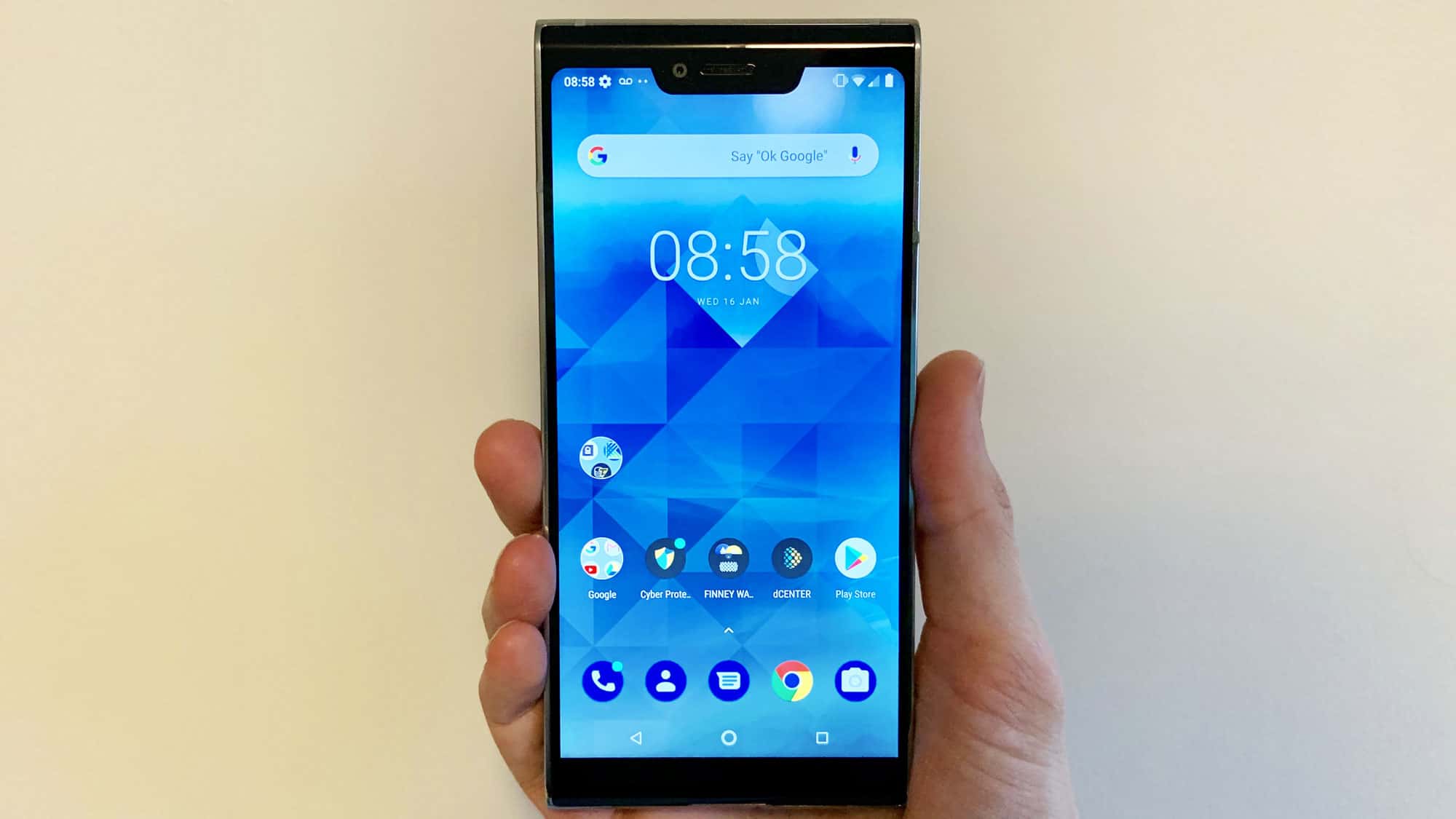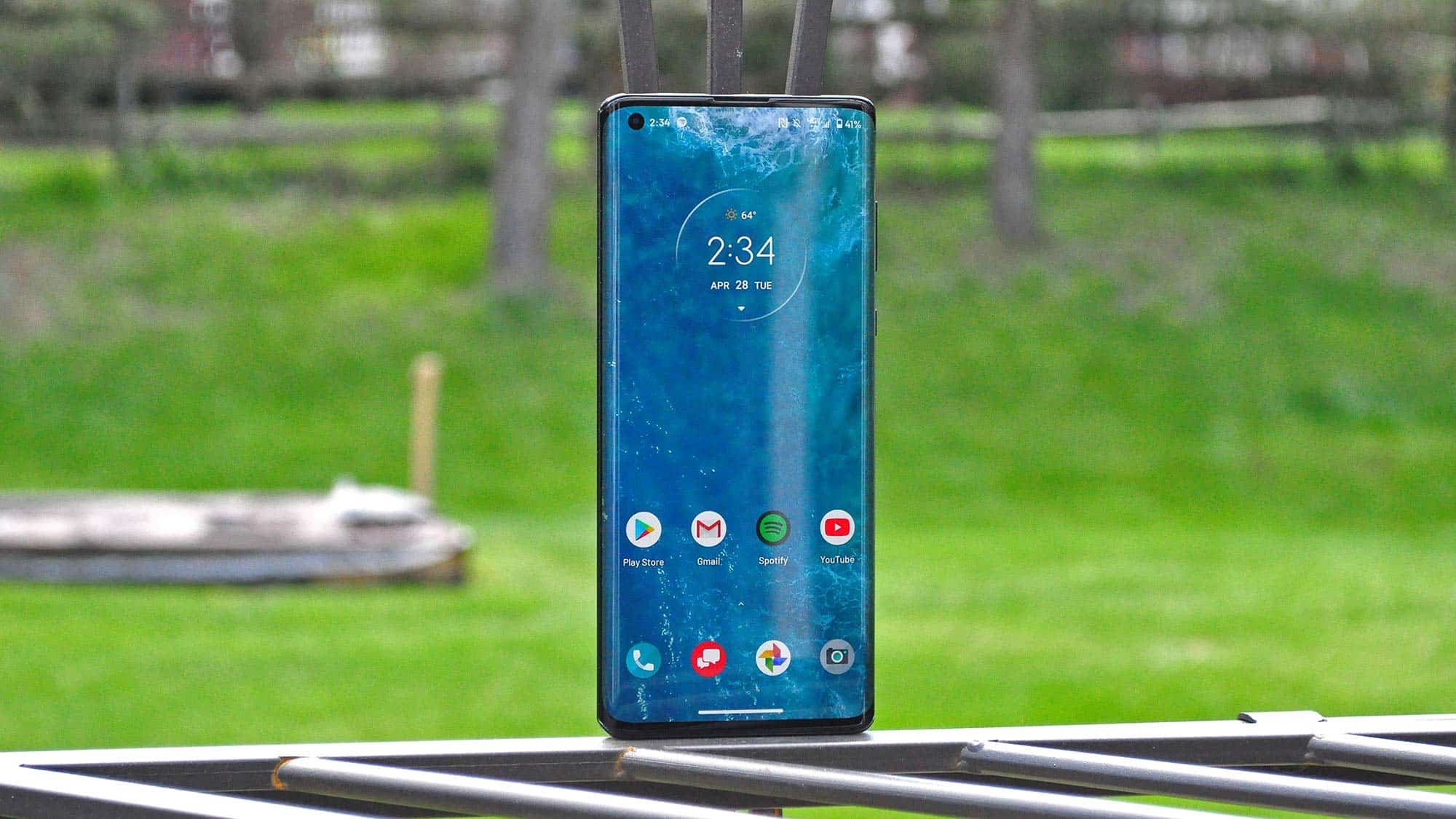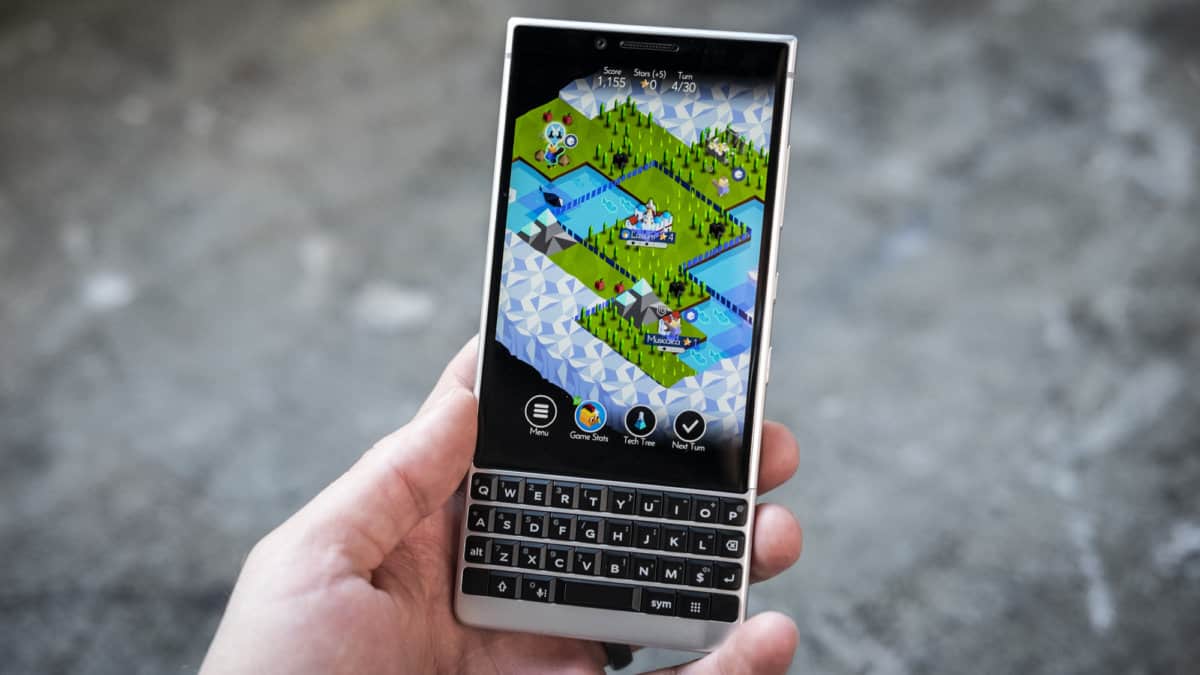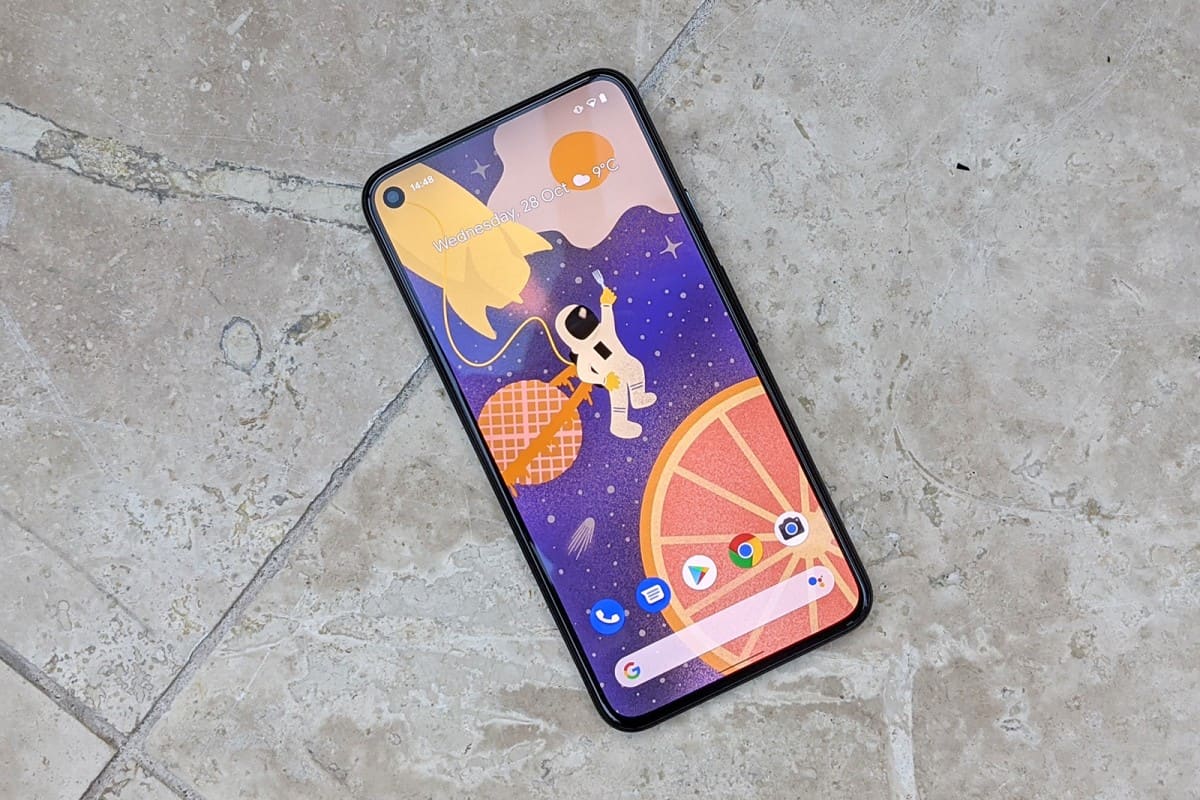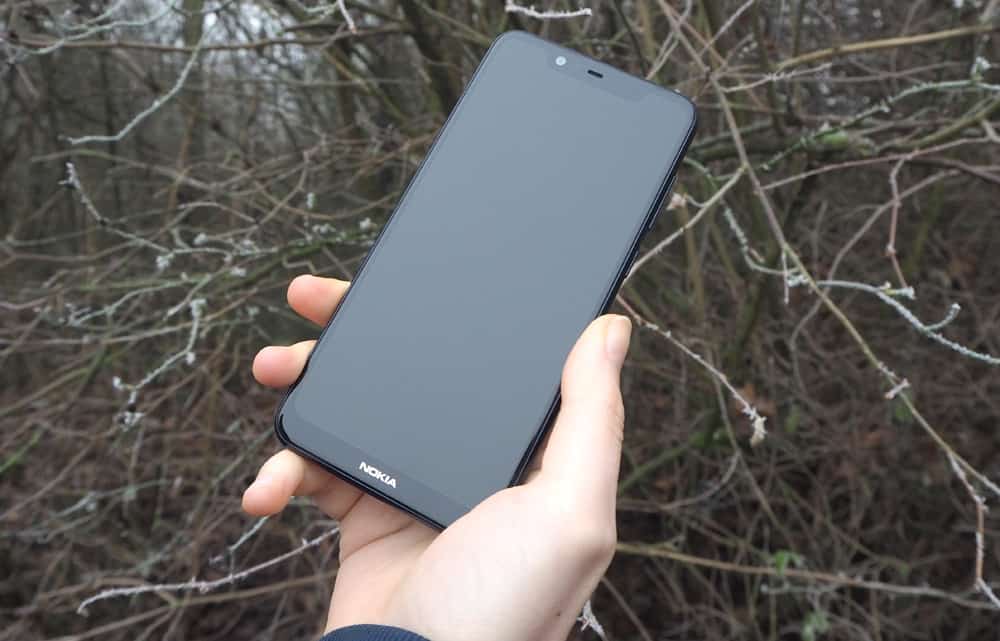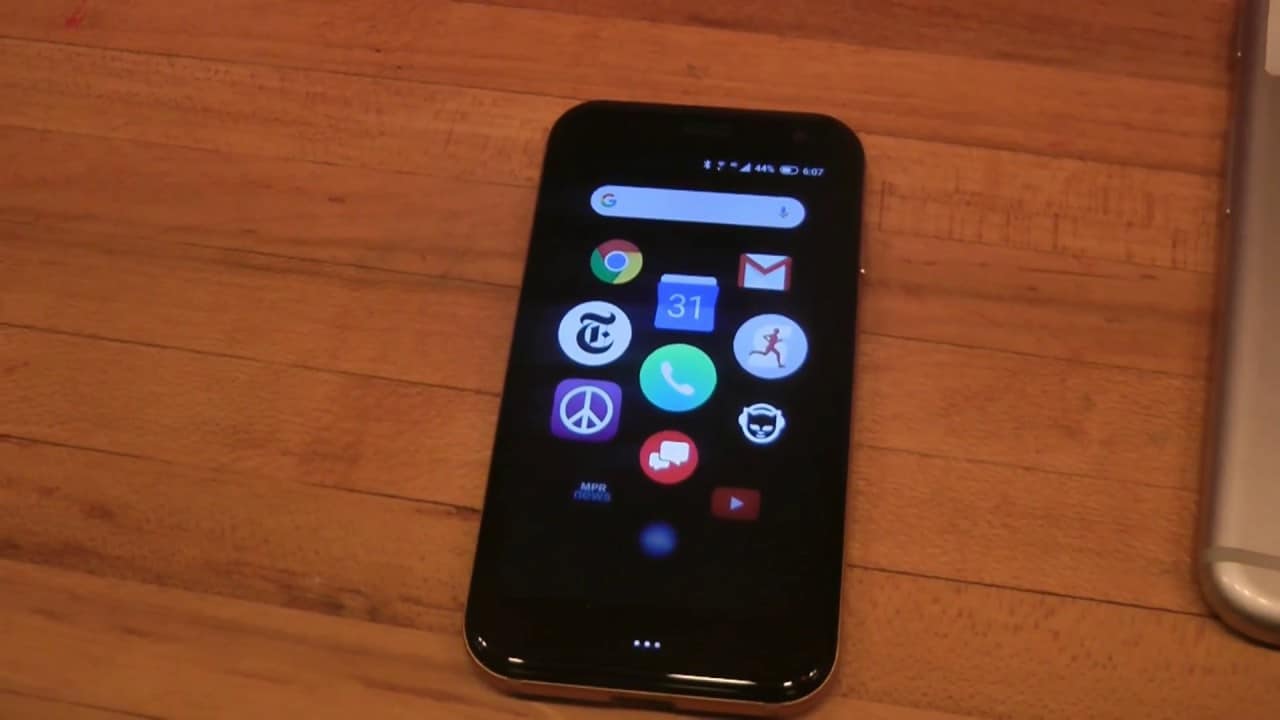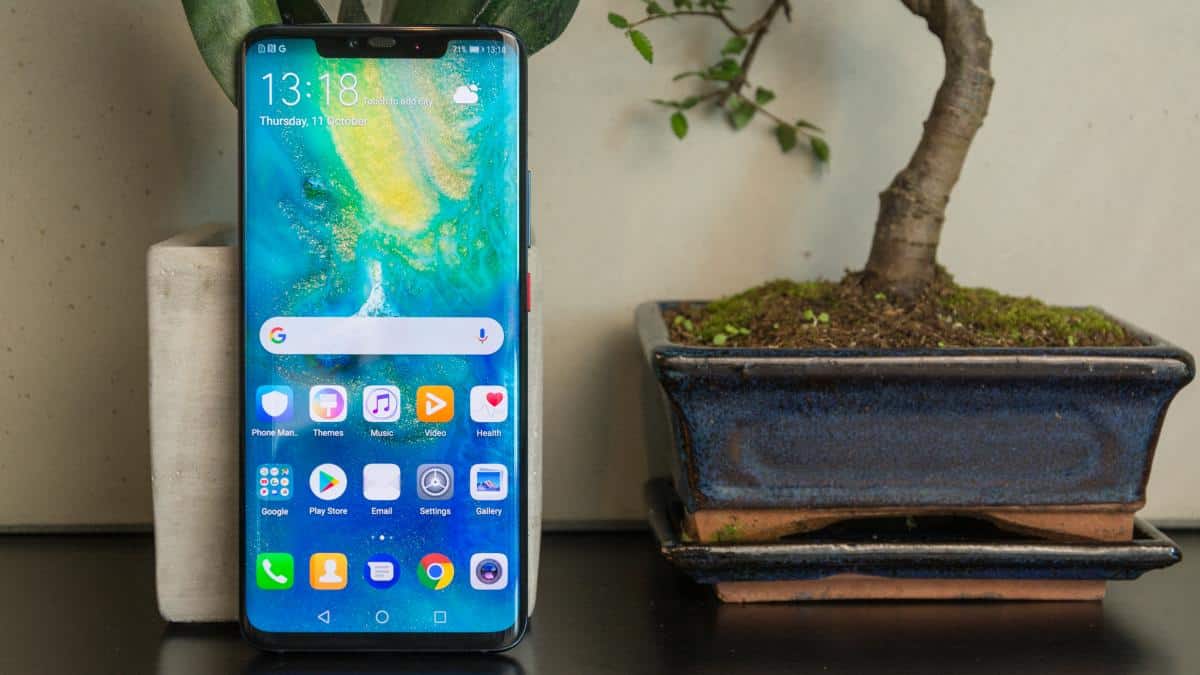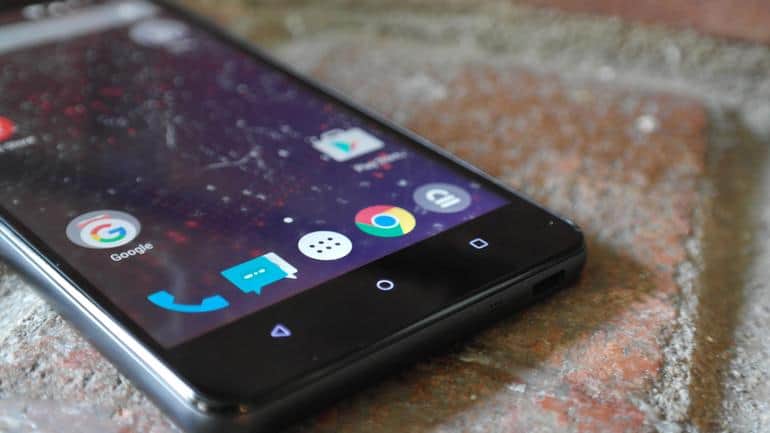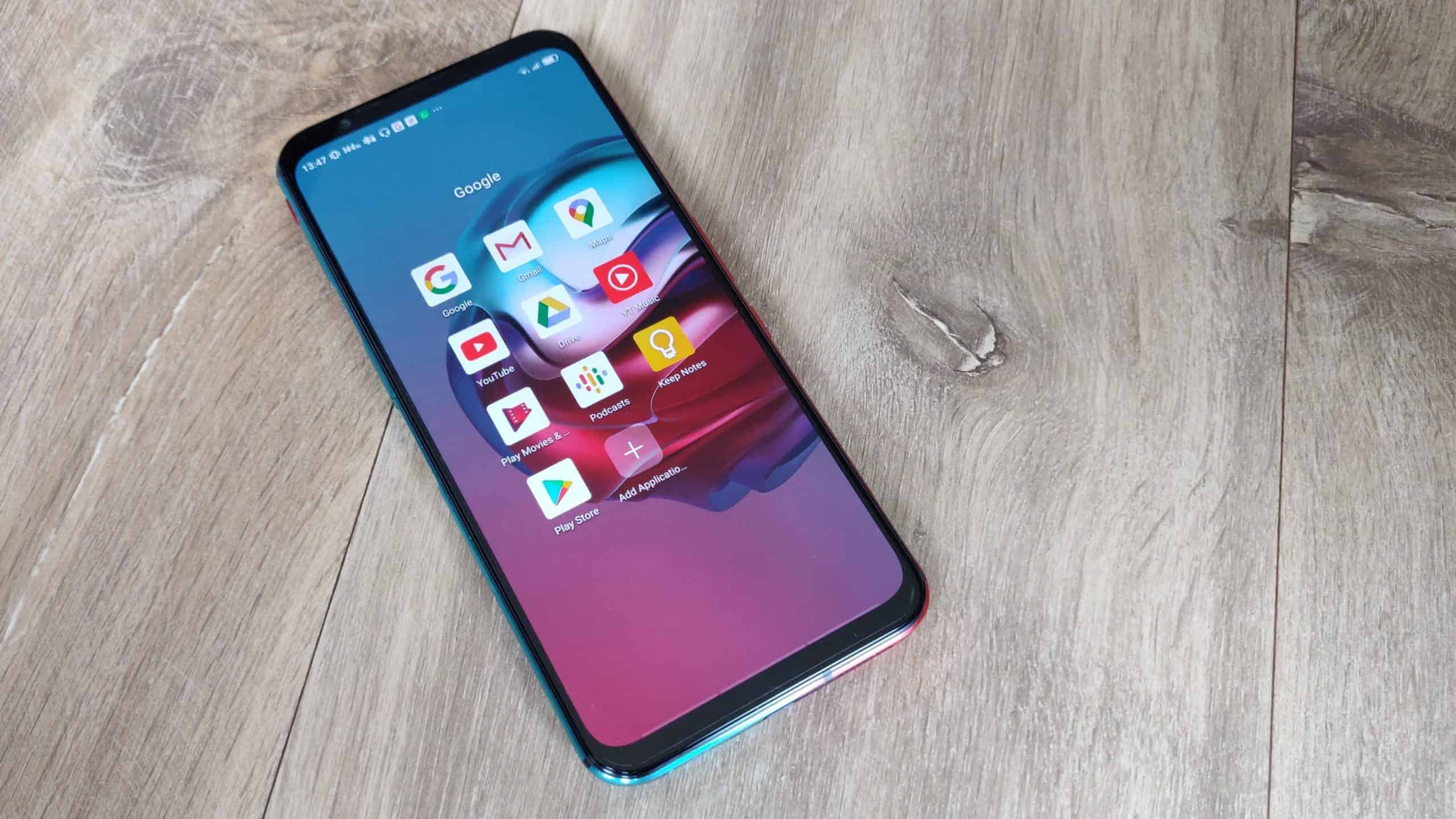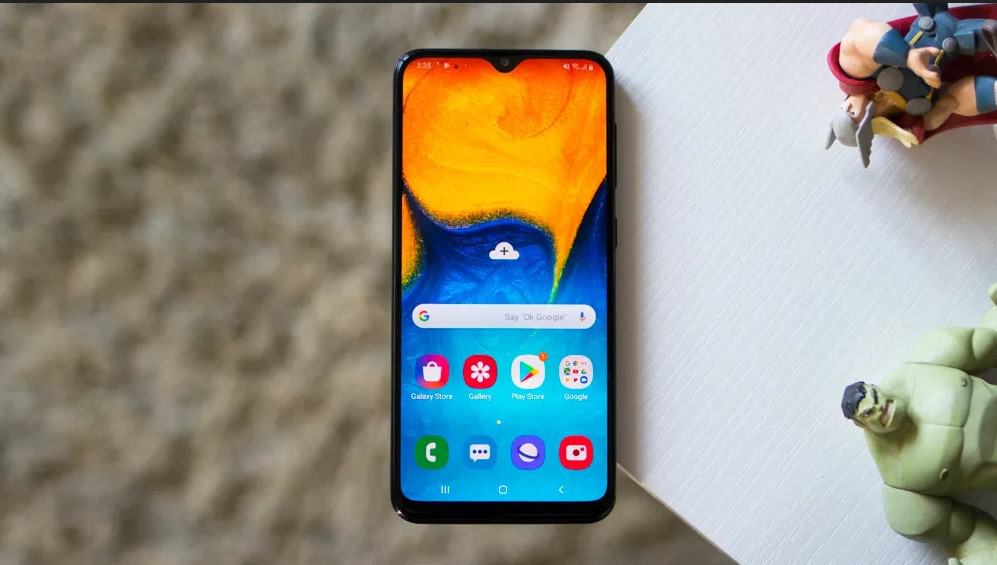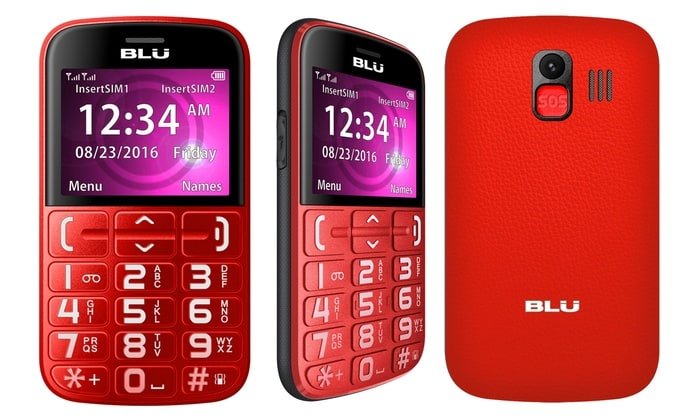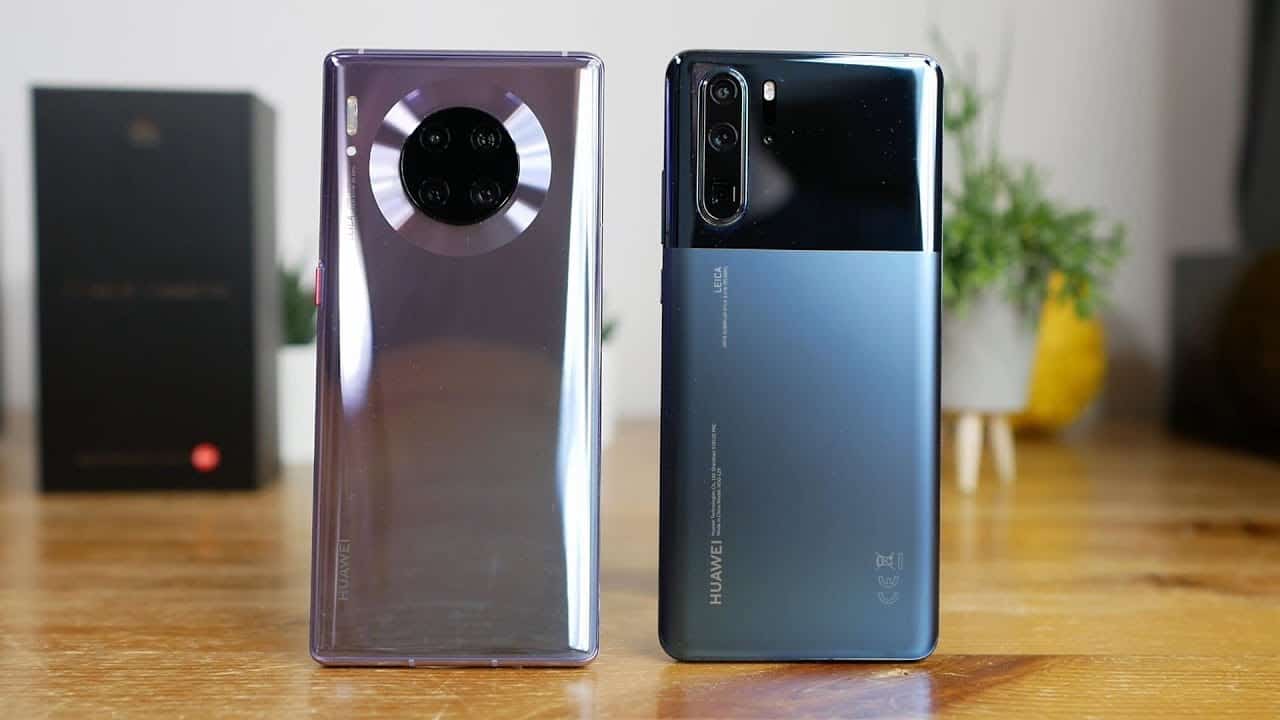Narrowing down the best smartphone plan among the multitude of choices from wireless carriers can be a tricky endeavor. We’ve all had to do it, and I doubt many folks left the store completely understanding all the options. Many consumers simply stick with the carrier that they’re used to, or just go based on someone else’s recommendation.
So to help, we’re simplifying those details and sifting out what today’s cellular plans are. It’s not necessarily cut and dry and may depend on how you use your smartphone. You may be surprised to find a great cell phone plan that you haven’t considered before. To that end, don’t just focus on the cost of the plan itself. Make sure you understand if your device is protected from damage or loss as this can also be the most costly expense. For that, we highly recommend you read our buying guide on the best cell phone insurance. Let’s run through it!
Best Smartphone Plan
| Verizon Wireless | AT&T | Sprint | T-Mobile | Cricket | |
|---|---|---|---|---|---|
| Data Tiers | 1GB/$30, 3GB/$45, 6GB/$60, 12GB/$80, 18GB/$100 | 300MB/$20, 2GB/$30, 5GB/$50, 15GB/$100, 25GB/$175, 40GB/$300 | 1GB/$20, 3GB/$30, 6GB/$45, 12GB/$60, 24GB/$80 | 2GB/$50, 6GB/$65, 10GB/$80, Unlimited/$95 | 2.5GB/$40, 5GB/$50, 10GB/$70, Unlimited/$70 |
| Shared Data | |||||
| Line Cost | $20 | 5GB or less: $25 15GB or more: $15 | $20 | $30 for second line, $10 for subsequent lines | $10 off second line, $20 off third line, $30 off fourth line, $40 off fifth line |
| Unlimited Data Plan | |||||
| Data Overage Fee | $15 per GB | $15 per GB | |||
| Data Rollover | |||||
| Frequent Upgrade Program | |||||
| Cellular Technology | CDMA | GSM | CDMA | GSM | GSM |
| Global-capable? |
Verizon Wireless
![Best Cell Phone Plans in [year] ([month] Reviews) 29 Verizon Cell Phone Plans](https://www.gadgetreview.dev/wp-content/uploads/verizon-reviews-1.png)
Award: Best Plan for Coverage
It’s no secret that Verizon has an edge in terms of coverage among the Big Four carriers. The wireless giant has quite a collection of towers from its lengthy history (formerly of Bell Atlantic). Therefore, if you often find yourself in and out of rural areas, then Verizon is your best bet if having a consistent network signal matters. That, however, comes at a price; it’s no secret that Verizon has among the priciest cellular plans out there. Many are using them with the best smartphone.
Read Full Review: Verizon Wireless Plans
AT&T
Award: Runner Up for Coverage
In the scope of cellular coverage, AT&T isn’t far behind Verizon. AT&T has an even lengthier history (origins back to the original Bell Telephone Company). If you find yourself in and out of 4G LTE zones, AT&T generally has a faster 3G infrastructure in place than Verizon. It used to be that AT&T just had the overall best download speeds, but Verizon has been quickly closing that gap by expanding its speedy LTE coverage. Many prefer using verizon with the best iPhone and enjoy the service.
T-Mobile
![Best Cell Phone Plans in [year] ([month] Reviews) 30 Find the best T-Mobile Cell Phone Plans on Gadget Review.](https://www.gadgetreview.dev/wp-content/uploads/t-mobile-Logo-1.jpg)
Award: Best Plan for Families
Carriers often incentivize us to add more lines to our service. It’s a win-win for both parties, because they lock in more consumers/money and we get more value. So as of late, the “Family Plan” offering has been getting pretty aggressive.
Most of the carriers have simplified family plans as “Shared” plans. Essentially, you just buy one monthly data bucket and it’s shared among how ever many lines you want (at an access cost per line). This is a good strategy in theory, but families need to watch out for overage fees if your combined data passes the limit. Verizon and AT&T both charge $15 for every GB that passes the limit. Sprint and T-Mobile don’t charge you a fee, but they do slow you down to 2G speeds until your monthly cycle restarts.
Related: You can also try the best Verizon smartphones.
In our analysis, we found that T-Mobile offers the best value in family data plans. A big reason for this is because it’s the only carrier who doesn’t do shared plans. Each line has its own allotment of data, and at a reasonable price. You also won’t get charged overages, and unused data rolls over. You may also want to read about the best Android phone.
Read Full Review: T-Mobile Plans
Cricket
![Best Cell Phone Plans in [year] ([month] Reviews) 31 Cricket's great coverage and prices makes it a top option among prepaid carriers.](https://www.gadgetreview.dev/wp-content/uploads/Cricket_Wireless-1.jpg)
Award: Best Budget Plan
Most consumers look to the Big Four, but we shouldn’t forget that there are several other carriers that are fighting for our money. In some cases, what they offer is pretty darn compelling. They’re more known as Prepaid Carriers, because they’ve been historically free of contracts. The consumer takes care of obtaining the smartphone themselves, then seek a prepaid carrier solely for wireless service. This is more cost effective in the long run.
Consumers may question the coverage that these lower-costing services provide, but many of the prepaid carriers you’ve heard of use the same towers from the big guys. Cricket runs on AT&T’s network, Boost and Virgin use Sprint, and MetroPCS is part of T-Mobile. Verizon is the only primary carrier that doesn’t have a subsidiary (instead, it offers prepaid services itself). You don’t lose much as far as perks either; you’ll still get LTE speeds and family plans. Although, the data limits differ.
Our recommendation is Cricket for a couple reasons. One is that it uses AT&T’s network, which we’ve discussed offers great coverage. The other reason is price. You’ll get a decent amount of data, starting at 2.5GB for $40/month (or $35/month with Auto Pay enabled). This is about what AT&T charges for data alone, whereas the Cricket deal gives you unlimited talk and text. Cricket also has an unlimited plan available for $65/month. Don’t forget to look at the best cell phone cases for your phone.
Read Full Review: Cricket Mobile Plans
T-Mobile
![Best Cell Phone Plans in [year] ([month] Reviews) 32 Test](https://www.gadgetreview.dev/wp-content/uploads/tmobile-jump-1.jpg)
Award: Best Plan for Frequent Upgraders
There are some of us that can’t get enough smartphones (myself included), and two years can be an eternity to wait for an upgrade. One carrier that stepped in to offer a solution was T-Mobile, with the launch of the Jump! program (and subsequently, the upgraded Jump! On Demand). This move created a chain reaction in the wireless industry and soon every carrier had a frequent upgrade program of some sort (however, Verizon and Sprint have now retired theirs).
Read: Best Smartphone 2019
But which one is the best? Our recommendation is to stick with where the idea originated: T-Mobile. Jump! On Demand let’s you upgrade 3x a year, which should satisfy just about all smartphone obsessions. The best you can do on AT&T’s Next program is only one upgrade per year. Our electronics section has all of the phone gear you need.
Sprint
![Best Cell Phone Plans in [year] ([month] Reviews) 33 Sprint Cell Phone Plans](https://www.gadgetreview.dev/wp-content/uploads/sprint-reviews-1.jpg)
Award: Best Plan for Heavy Data Users
It’s more common that wireless plans have some kind of data cap. But there are some smartphone users that don’t sit so well with a limit. Actually, it’s not that hard to quickly hit a couple gigs of data if you stream music everyday or watch videos on the go. Therefore, carriers offer an “Unlimited” option in their plans (for a high cost, obviously). But which have the best value?
Sprint offers the most competitively priced unlimited plan, at $75/month (for one line). This comes with 3GB of mobile hotspot and Sprint’s included global roaming perk (free unlimited 2G data and texting in select countries). You can also read about the best SIM cards for USA.
Read Full Review: Sprint Mobile Plans
T-Mobile
Award: Runner Up Heavy Data Users
T-Mobile’s unlimited plan costs $20 more than Sprint’s, at $95/month. But if you plan to use the mobile hotspot feature a lot, it may be worth it. T-Mobile gives you 14GB of mobile hotspot use versus Sprint’s 3GB. Remember the old days when we had to communicate with the best CB radio.
What to look for in the Best Smartphone Plan
Coverage: The features of a wireless plan can sound all fine and dandy, but a shotty/slow signal can make for a terrible experience. When considering carriers, it’s best to check where their coverage shines (most have a coverage map with details about data speed). If you cover a lot of distance or are in a rural area, then it may be worth it to pay a little extra for Verizon or AT&T, as they have the most wide-spread towers.
Family/Shared Offerings: Many of us like to bundle smartphone service with our loved ones; it’s more cost-effective that way. Most of the postpaid carriers have simplified data plans as a bucket that all the lines pick from. But the data tiers and prices all vary. You need a good idea of how much data every member will use, and then weigh the options. Verizon and AT&T charge you if you go over the data limit. If that’s a scary thought, then Sprint or T-Mobile may be more reasonable. T-Mobile is the only carrier among the Big Four that doesn’t do shared plans – each line gets their own allotment.
Price: We need to be thinking about the end-cost of the entire plan package. This is why prepaid carriers are relevant. Buying a smartphone unlocked and just paying for service is more cost-effective when you compare it to an all-in plan from a postpaid carrier over a term. Pricing also determines which service would make most sense. For instance, if you care about unlimited data, then Sprint is the cheapest. Or if you have multiple lines, then you’ll have to weigh which carrier results in the best value for your needs.
Mistakes to Avoid
Under Estimating Overages: Shared smartphone plans are a double-edge sword. They simplify the service process, but then, it’s involved to keep track of the family’s data usage so that you don’t go over your limit. Verizon and AT&T are ready for you if you do. They both charge $15 more for each GB over the data limit you signed up for. Alternatively, Sprint and T-Mobile don’t charge you a fee, but rather, slow you down to 2G speeds until your monthly cycle restarts. That makes their data plans technically “Unlimited”.
GSM vs CDMA: In the U.S., there’s a split between two different cellular technologies used. AT&T and T-Mobile use GSM, while Verizon and Sprint use CDMA. Why is this important? Because it affects which smartphones are available to you. Most of the world uses GSM, so AT&T and T-Mobile phones are more friendly to international travel (something to keep in mind if you’re a business traveler). Additionally, if you buy unlocked phones, chances are that they will be GSM-only. CDMA phones are generally strictly locked to their respective carriers – Verizon or Sprint. Fortunately, Verizon often packs in global capabilities into its phones, but Sprint is pretty locked down.
Most Important Factors
Price
- Price is probably the biggest influence in smartphone plans. It can make us move to a different carrier, and it’s why there’s an uprising of prepaid carriers.
- All the carriers offer different data tiers at different prices, and different costs for adding lines. The most cost-effective options depend on your situation. How many lines? How much data?
- It’s generally less money in the long run to buy a more affordable smartphone outright and join a prepaid service.
Coverage
- It’s a consensus that Verizon takes the crown as far as overall coverage. But it isn’t necessarily that cut and dry. Again, it depends your situation. For instance, if you’re a city-dweller, then the coverage differences won’t be a big factor. All the carriers do well in the main cities.
- Prepaid carriers don’t necessarily have worse coverage than the big guys because they’re cheaper. The well-known ones actually piggyback off of the primary carriers, and also access their LTE speeds.
- The carriers deal with international travel differently. Sprint and T-Mobile include some free roaming with their plans (free texting and 2G data), at no extra cost. But on Verizon or AT&T , you’ll have to buy a travel plan or else you’ll get charged hefty roaming fees.
Data Options
- Verizon, AT&T, and Sprint use shared data buckets. You buy a certain allotment per month, and that gets shared among how ever many lines you have. In contrast, T-Mobile treats lines separately. Each line gets its tailored data cap.
- If you’re a heavy-data user, then the unlimited plans differ quite a bit as well. Verizon doesn’t offer one at all. AT&T charges $100/month for one line, $95/month at T-Mobile, and $75/month at Sprint. You’ll also want to consider how much mobile hotspot data matters. Although Sprint charges less for unlimited, T-Mobile gives you a lot more mobile hotspot allotment.
Which Smartphone Plan is Right for You
The best smartphone plan is definitely situational. For instance, the best value for an individual plan can be clear, but adding multiple lines can close the gaps and make the decision tougher. But there are other things to look at than just data, such as coverage, mobile hotspot, phone upgrade-ability, international use, and the benefit of going prepaid. You may also want to look into the best voip services.
Read Next: Best Smartphone 2019












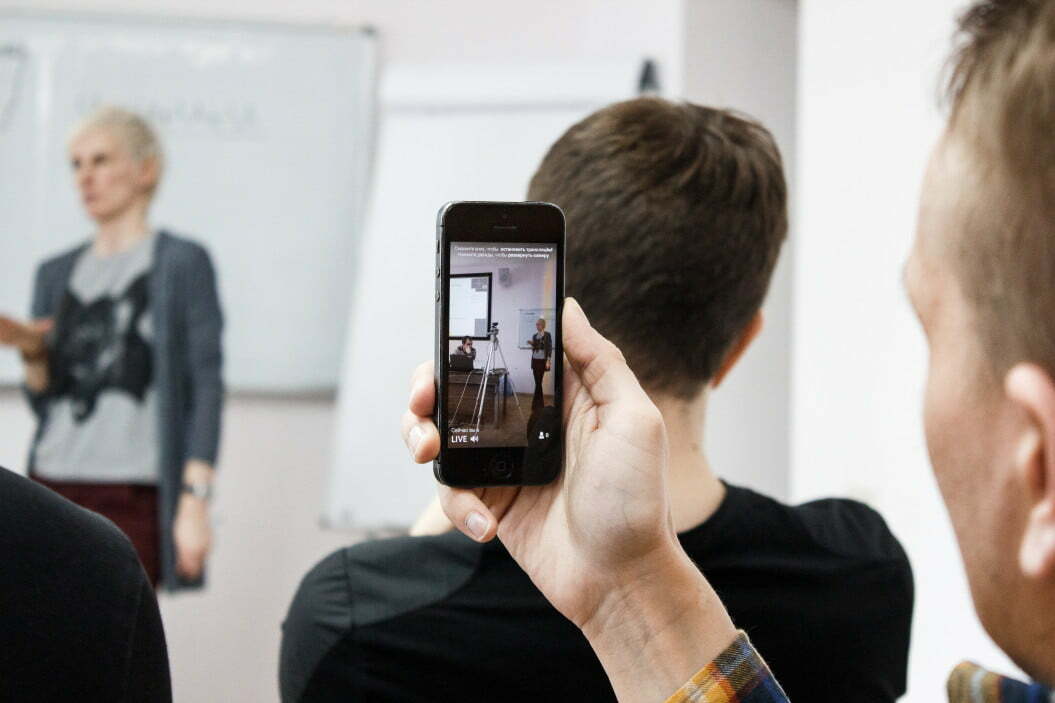







![Best Cell Phone Plans in [year] ([month] Reviews) 54 Best Cell Phone Plans in 2026 (January Reviews)](https://www.gadgetreview.dev/wp-content/uploads/verizon-reviews.png)
![Best Credit Cards with Cell Phone Insurance in [year] 55 Best Credit Cards with Cell Phone Insurance in 2026](https://www.gadgetreview.dev/wp-content/uploads/best-credit-cards-with-cell-phone-insurance-image-1.jpg)
![Best Smartphone in [year] ([month] Reviews) 56 Best Smartphone in 2026 (January Reviews)](https://www.gadgetreview.dev/wp-content/uploads/MagCase-Is-The-Worlds-Thinnest-Phone-Case-1.jpg)
![10 Best Rugged Smartphones in [year] 57 10 Best Rugged Smartphones in 2026](https://www.gadgetreview.dev/wp-content/uploads/best-rugged-smartphone.jpg)
![10 Most Secure Phones in [year] 58 10 Most Secure Phones in 2026](https://www.gadgetreview.dev/wp-content/uploads/Most-Secure-Phone.jpg)
![10 Best Selfie Camera Phones in [year] 59 10 Best Selfie Camera Phones in 2026](https://www.gadgetreview.dev/wp-content/uploads/best-selfie-camera-phone.jpg)
![10 Best Dual SIM Phones in [year] 60 10 Best Dual SIM Phones in 2026](https://www.gadgetreview.dev/wp-content/uploads/best-dual-sim-phone.jpg)
![10 Best Small Phones in [year] 61 10 Best Small Phones in 2026](https://www.gadgetreview.dev/wp-content/uploads/best-small-phones.jpg)
![10 Best Low Light Camera Phones in [year] 62 10 Best Low Light Camera Phones in 2026](https://www.gadgetreview.dev/wp-content/uploads/best-low-light-camera-phone.jpeg)
![10 Best Large Screen Phones in [year] 63 10 Best Large Screen Phones in 2026](https://www.gadgetreview.dev/wp-content/uploads/best-large-screen-phone.jpg)
